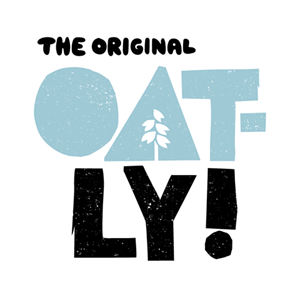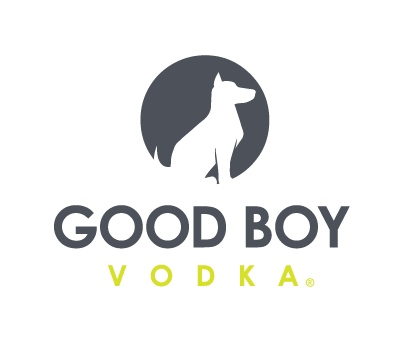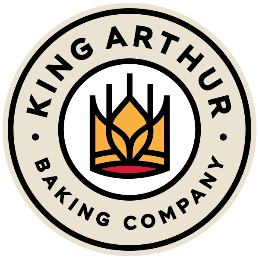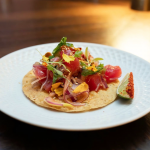Oatly Seeking More ‘Big Ideas’ in Coffee in Second Year of Grant Initiative
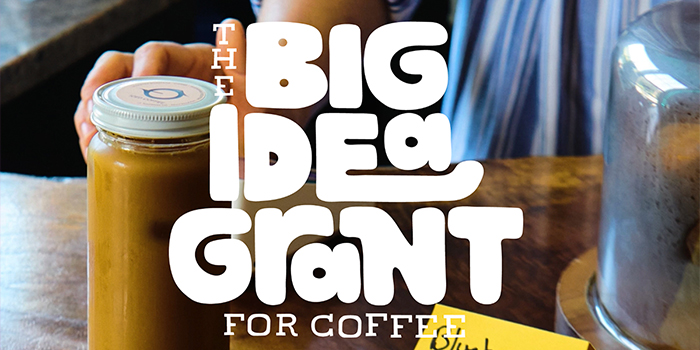
Following a successful first year, Oatly is brewing up a second edition of its Big Idea Grant initiative to help small coffee businesses pursue their strategies, projects and innovative ideas.
The Big Idea Grant was designed to help small U.S. coffee businesses with under 300 employees bring their sustainable, replicable ideas to fruition. The grant is not intended for start-up costs but rather to enable selected businesses to pursue projects and innovative ideas “with the intention that what they learn in the process can be shared to build a more sustainable future for the industry and the planet,” according to a press announcement earlier today.
Businesses can apply for one of three project categories: sourcing (coffee farming, ingredients and packaging), operations (energy, waste, transport, roasting and recycling/upcycling) and systems change (food systems, nutrition access, social sustainability and social/economic systems). All applications receive scores from a committee of independent judges on a scale from 1 to 5 based on rubric criteria. Top applications are then given to an internal board and a cohort of winners is selected based on project type, location, approach and perspective. For year two, Oatly will be awarding grants ranging from $500 to $100,000 (up to $400,000 in total grant funding), based on what is needed to bring each business’ big idea to fruition.
“Above all, we believe that information about how to address climate change and run a sustainable business should be open and accessible,” said Krista Kane, director of coffee channel development at Oatly. “Our goal has always been to build a library of inspiration and learnings for more folks within the coffee community to help shape meaningful change that eventually reaches the larger food and beverage industry.”
Last year’s cohort consisted of seven businesses from seven different states, including: Three Keys Coffee (Texas), Build Coffee (Illinois), Don Carvajal Cafe (New York), Academic Coffee (California), Junior’s Roasted Coffee (Oregon), 321 Coffee (North Carolina) and 1A Coffee (Vermont).
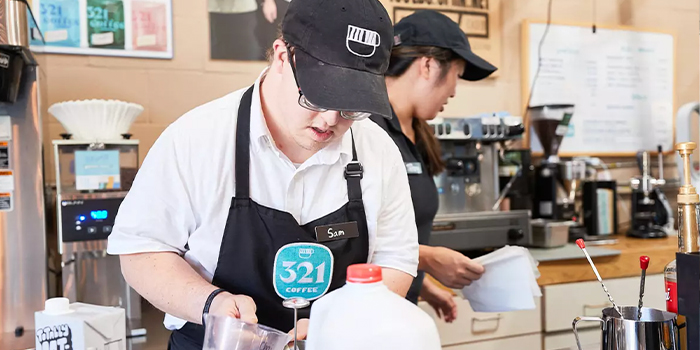
Founded in 2017 by Michael Evans and Lindsay Wrege, 321 Coffee seeks to foster and encourage sustainability within both the environment and the workplace. After witnessing a lack of employment opportunities for individuals with disabilities, Wrege felt compelled to take action by creating a series of coffee shops and a roastery staffed by individuals with intellectual and developmental disabilities.
“There’s a huge need in terms of an inclusive environment for adults with disabilities. In fact, 80% of adults with disabilities are unemployed and some of those people are getting more behind the scenes tasks like dishes or laundry when they are capable of a lot more if they’re given the opportunity,” Wrege said.
321 Coffee has evolved enormously since its ‘scrappy’ beginnings, growing from a business using folding chairs rented from the student union at North Carolina State University and a coffee maker from Target to a company that now has 55 employees and three – soon to be four – coffee shop locations in North Carolina.
“The staff we work with are so driven, they show up to work ready to learn, ready to grow. They support one another which is beautiful,” said Wrege. “It’s amazing some of the cheer squads they bring and it’s awesome to see people rallying behind them and saying, ‘I want you to be successful’”.
The business had originally intended to use the grant money to purchase an electric truck to further its community presence, but the supply chain crisis halted those plans.However, the company still experienced notable wins over the past year thanks to Oatly’s backing. According to Wrege, the Swedish oat-based brand has gone “above and beyond” to support the business by sponsoring an ad for 321 Coffee and incorporating some of its products into coffee trade shows.
Looking ahead, the coffee company seeks to scale its impact by building up its roasting and coffee program and opening its doors to more partnerships with companies.
“One of our shops right now is in a company’s headquarters. It’s really significant because it puts our people in the same space as other employers and can then inspire other companies to be more inclusive in their workforce,” said Wrege. “We’re looking to bring on more partners [with] companies looking to use their platform for good.”
Applications for this year’s Big Idea Grant program are now open through October 28. Winners will be announced in December.

